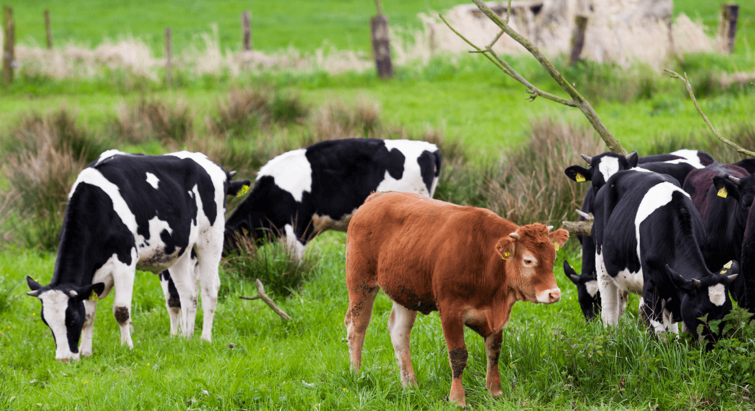
News about Sustainability
Viser 193 til 216 af 268 dokumenter.

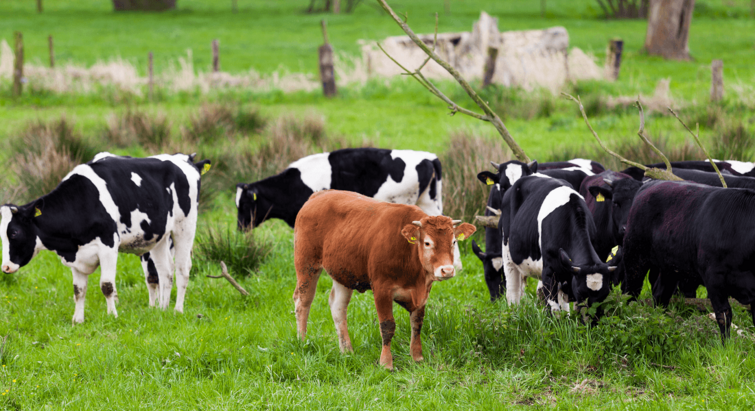
Critical, but willing to drink: Consumers’ perspectives on the use of advanced breeding methods in dairy production

María Carro Pitarch
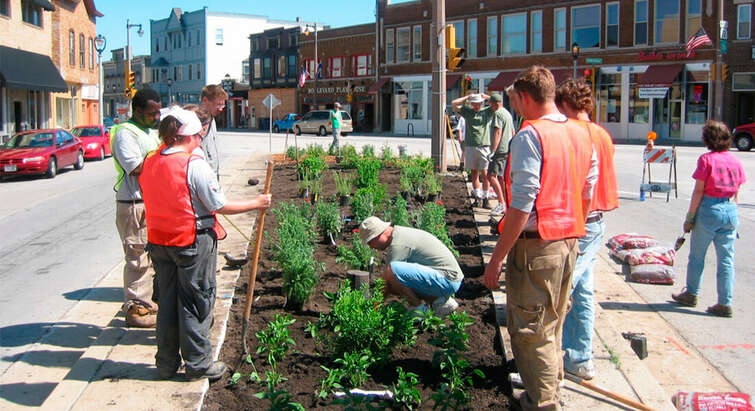
Barriers to interdisciplinarity: an early career researchers’ perspective on urban climate governance

Ina Banja Albrektsen

Kirstine Frida Rysbjerg
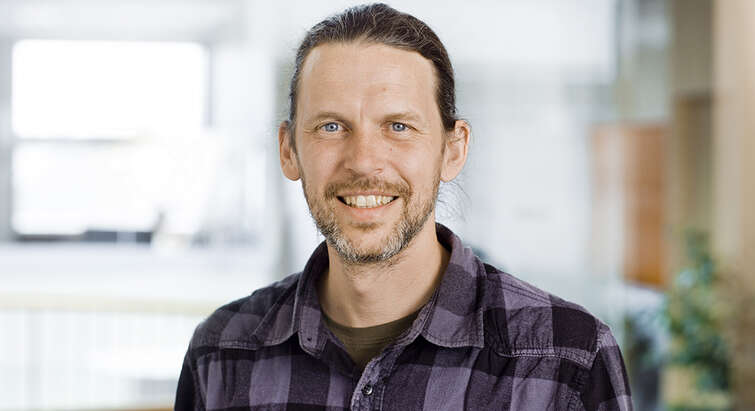
Invitation to the inauguration of professor Morten Arendt Rasmussen

Dawoon Jung

Dawoon Jung
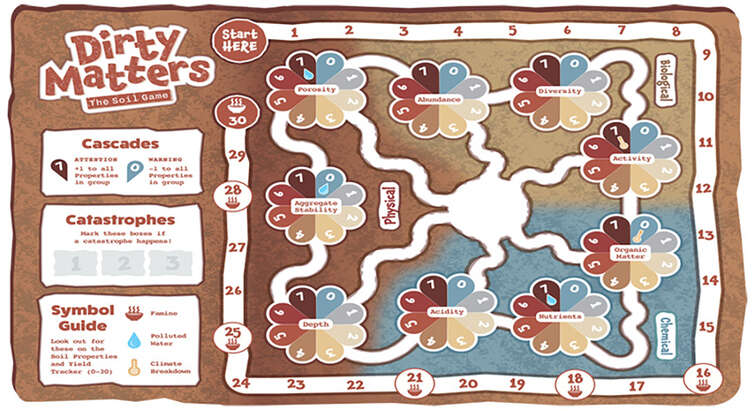
Sustainability: A dirty game

Lachlan Bryant Lugg
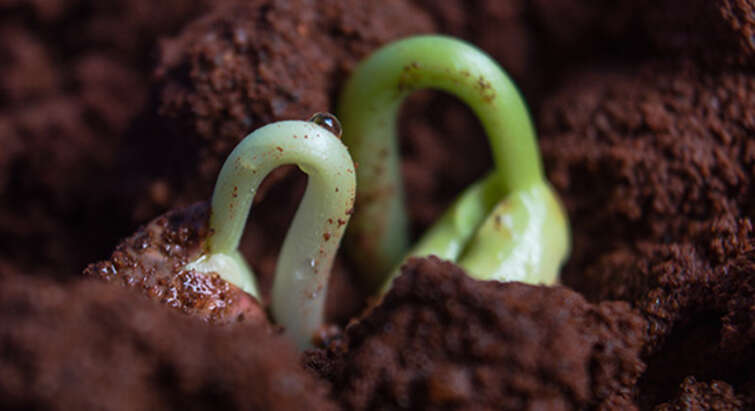
Small-scale funding for cross-disciplinary plant-based food projects

Christoffer Ousager

Newly appointed professor: Data science can save food research decades

Christoffer Ousager
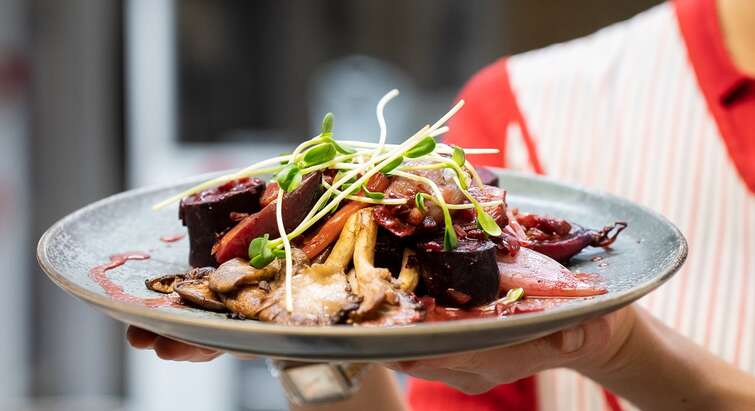
Umami is key to make plant-based Christmas dinner taste like Christmas
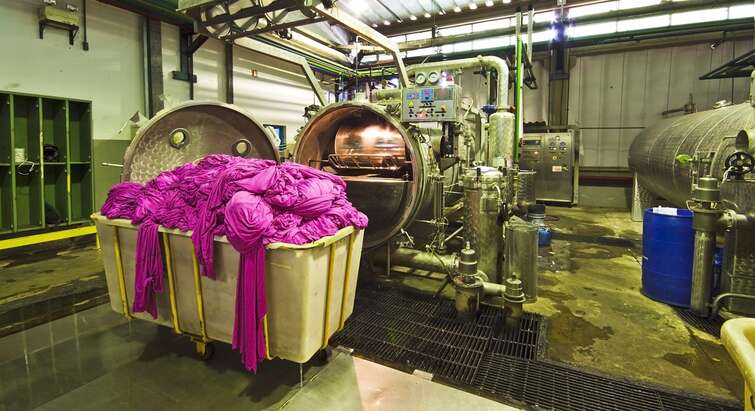
Most colors are eco criminals: Here’s how to make purple greener

Most colors are eco criminals: Here’s how to make purple greener

Student project grants 2022/2023
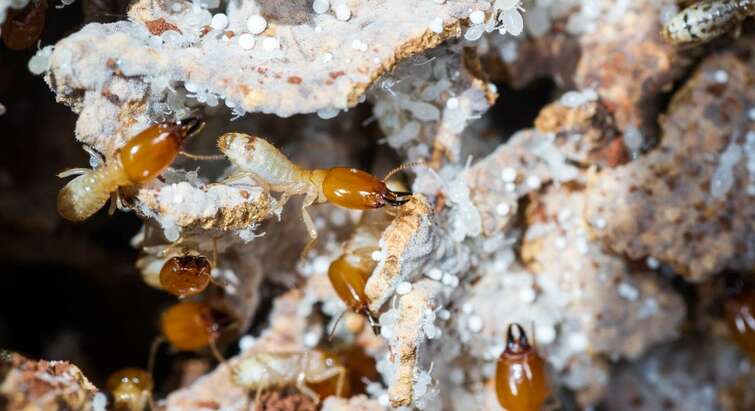
Learning how to grow super mushrooms, with termites as teachers

Almost every other Dane is trying to cut back on meat

CPH Cattle Seminar 2022

MA course “International Investment Law and Sustainability”

